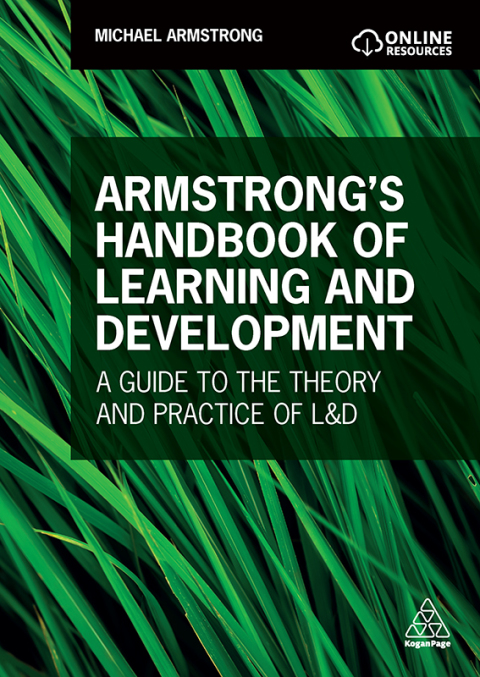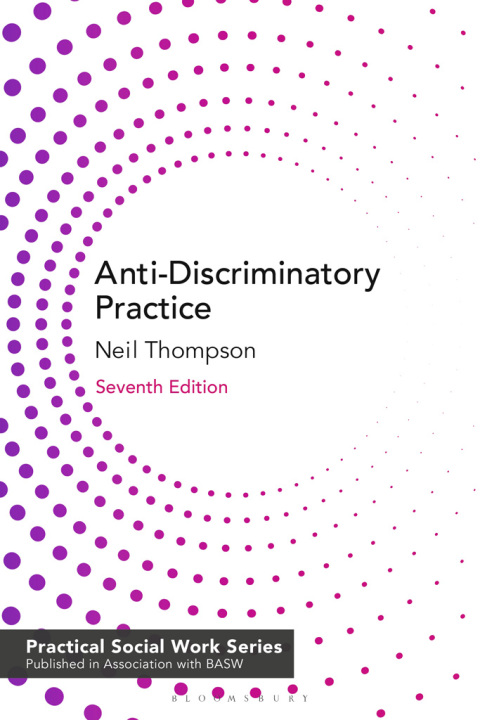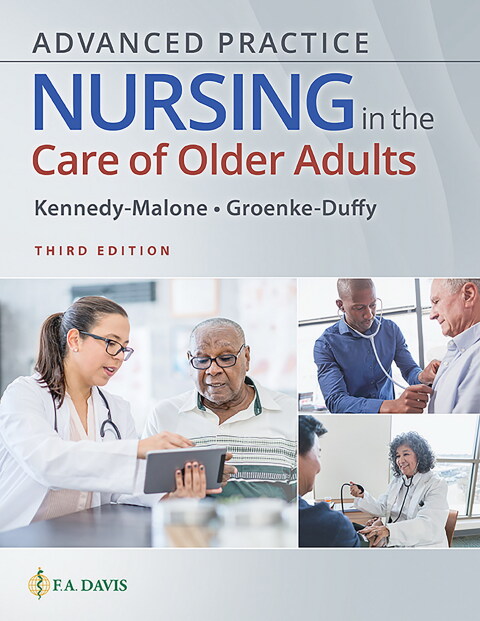Description
Efnisyfirlit
- THE RETURN OF TRUST? INSTITUTIONS AND THE PUBLIC AFTER THE ICELANDIC FINANCIAL CRISIS
- Contents
- Foreword
- Editors’ Introduction
- Part I: The Situation
- Chapter 1: Restoring Confidence in the Aftermath of Iceland’s Financial Crisis
- Introduction
- Collaboration with International Institutions
- The IMF Programme
- EU Membership
- The Icesave Dispute
- Internal Matters
- The Special Investigation Commission
- A New Constitution
- Bankers Go To Jail
- Monetary and Fiscal Policies
- Monetary Policy
- Fiscal Policy
- Concluding Comments
- Acknowledgements
- References
- Chapter 2: Discursive Control Using Emotion and Economics During a Financial Crisis
- Introduction
- Using the Concept of Focussed Discourse in CDA
- A Model of the Development of Focussed Public Discourse
- Icelandic Banking and the Danish Challenge of 2006
- Method
- Analytical Approach and Results
- Illustrating and Analysing the Networks
- Measures Used for Quantitative Analysis
- Results
- Discussion: Implications for Citizen Understanding During a Crisis
- Conclusion
- Acknowledgements
- References
- Chapter 3: Public Trust in Institutions in Pre- and Post-Crisis Iceland (I): Take the Lift Down, But
- Introduction
- Data and Methodology
- Development of Trust: An Overview
- Trust in Elected Representatives
- Overview (see Fig. 2)
- Details
- Trust in the Financial Sector
- Trust in Law-Enforcement Agencies
- Trust in Social Service Organisations: National Church, Higher Education and the Health Care System
- Conclusions
- Acknowledgements
- References
- Chapter 4: Trust: Some Questions from a Layperson
- References
- Part II: Responses
- Chapter 5: ‘Not Just Crying About the Money’: Iceland and Globalisation During Boom and Crisis
- Introduction
- Iceland’s Economic Boom as an Economy of Trust and Collectiveness
- The Production of Ignorance
- The Economic Crash as a Breakdown of Trust
- Politics, Globalisation, the Panama Papers and Trust
- Discussion and Conclusion
- References
- Chapter 6: Restoring Trust in Iceland: Iceland’s IMF Programme
- Introduction
- Heterodox Policies
- Capital Controls
- Banking Policy
- Icesave Dispute
- Fiscal Consolidation
- Insolvency Framework
- How Successful was the IMF Programme?
- References
- Chapter 7: A Question of Trust: The Story of Reykjavík Energy
- Trust and Credibility
- Reykjavík Energy
- Loss of Trust
- Reykjavík Energy in the Financial Crisis
- Challenges Follow
- Report of the Evaluation Committee on the Position of Reykjavík Energy
- In Every Challenge an Opportunity Arises
- The Plan
- Strategy and Values
- Unbundling
- Spotlight
- ‘Steer into the Future’
- Acknowledgements
- References
- Chapter 8: Public Trust in Institutions in Pre- and Post-Crisis Iceland (II): Institutionalised Mist
- Introduction
- Public Accountability and Public Trust in International Academic Research
- Icelandic Research on Trust and Accountability
- Discussion: Institutionalised Mistrust and Adding Insult to Injury
- Adding Insult to Injury
- Conclusions
- References
- Part III: Moving Forward
- Chapter 9: Have Icelanders Learned Their Lesson? The Investigation of the Icelandic Collapse and its
- Introduction
- Part I
- Part II
- References
- Chapter 10: Trust and Financial Services: The Impact of Increasing Digitalisation and the Financial
- Introduction
- Trust and its Impact in the Context of Financial Decision Making
- Current Trends in Financial Services
- Crowd Investing (Oehler, 2016b; Wendt, 2016a, 2016b)
- Social Trading (Oehler et al., 2016a)
- Robo-Advice (Oehler, 2016a; Oehler, Horn, & Wendt, 2016c)
- How to Establish Trust in Digitalised Financial Services?
- Information about Financial Products and Services (Oehler & Wendt, 2017)
- Data Protection and Privacy (Oehler, 2016a)
- Liability (Oehler & Wendt, 2017)
- Conclusions
- References
- Chapter 11: Post-Crisis Regulation and Supervision of Icelandic Banks
- Introduction
- Changes in Regulation and Supervision since the Crisis
- Global Reform of Prudential Requirements
- Further Domestic Reforms
- Forward-Looking and Risk-Based Supervision
- The Current State of the Icelandic Banks
- Criminal Charges and Sentences
- Trust is Returning, Albeit Slowly
- Conclusion
- References
- Chapter 12: Restoring Trust Through Improved Corporate Governance and Adherence to Gender Quotas
- Introduction
- Interviews
- Gender Diversity in Iceland and Within the Corporate Board
- The Consequences of the Financial Crisis in 2008 for Boards
- The Shift in View: Practices and Procedures in Financial Sector Boards
- Corporate Governance Codes
- Development of Independence and Gender Diversity Corporate Governance Codes
- Changes in Legislation
- Gender Quotas – Law 13/2010 and Its Perceived Effects
- Final Words and Reflection
- References
- Chapter 13: Governance Mechanisms Post-Crisis
- Introduction
- Structural Remedies Advanced by the Government after October 2008
- The Emergency Act of 2008
- The Special Investigation Commission
- Referral to the European Court of Justice, Case E16/11 (European Free Trade Association Court, 2013)
- Cascading Effects of the Supreme Court Decisions
- Restructuring the Banks in Society
- Restructuring the FSA
- Rebuilding Trust: Where to From Here?
- References
- About the Authors
- Index






Reviews
There are no reviews yet.